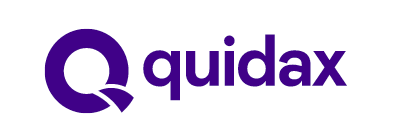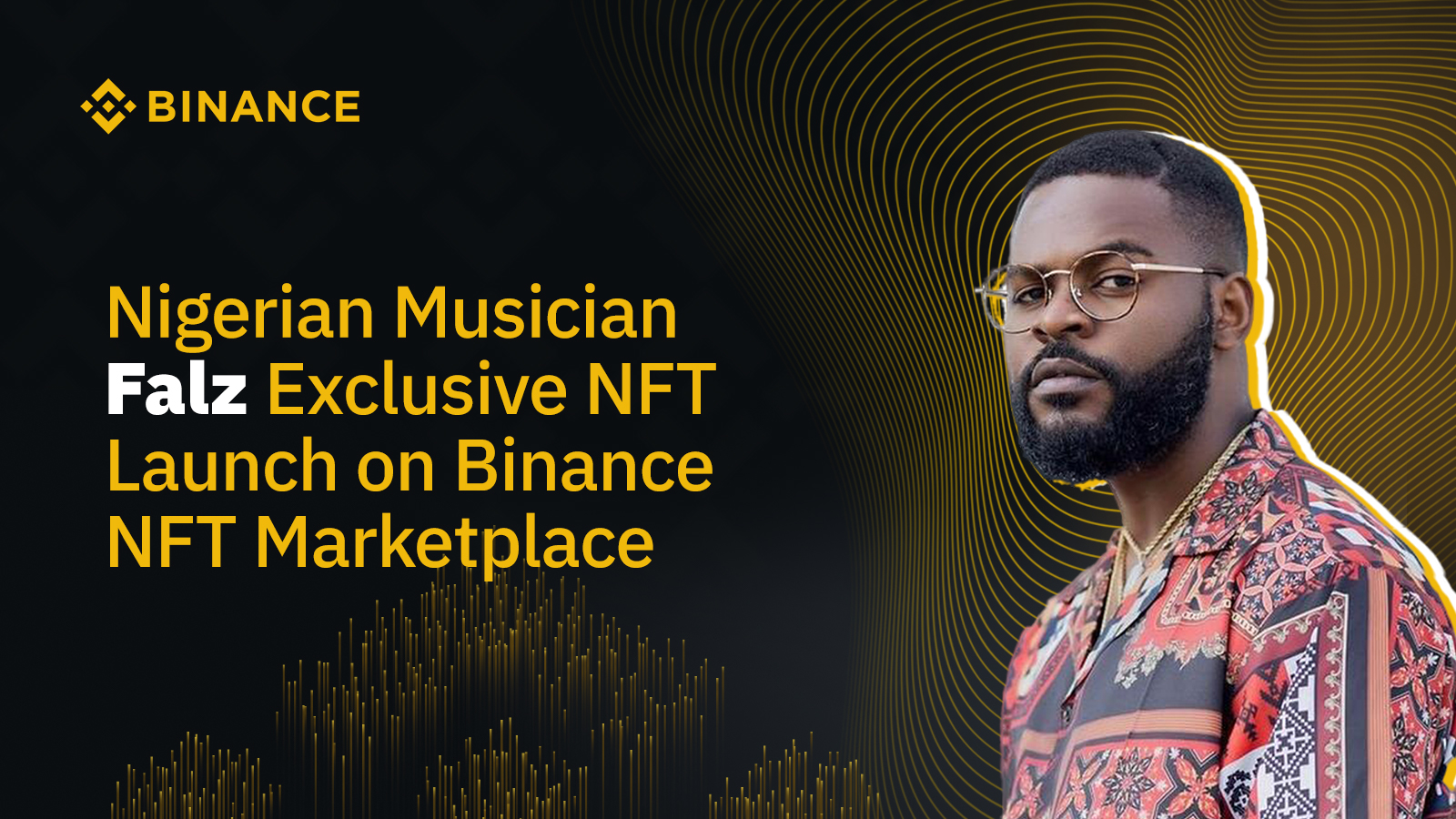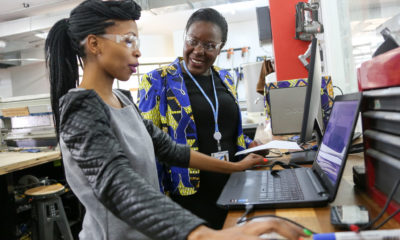In this week’s news roundup, you’ll read about Nigerian entertainer, Falz, launching his NFT collection, Quidax’s partnership with Don Jazzy, Africa’s biggest music producer, and more.
Nigerian Musician Folarin “FALZ” Falana Launches Exclusive NFT Collection

Nigerian musician and actor, Folarin Falana, popularly known as Falz, has today launched his exclusive non-fungible token (NFT) collection on the Binance NFT Marketplace.
The limited NFT collection will feature NFTs exploring the various roles he has played during the course of his career, which is in line with the release of his new single, ICE CREAM.
Holders of the purchased NFTs will have access to Falz’s fan club, his exclusive new music, shows, events, and limited-edition merchandise, among other stuff. This unique collection will enable fans to have a rare glimpse into Falz’s creative mind.
Speaking about the launch of his collection, Falz said, “I am really excited about the NFTs because I feel like it is something that people are going to love.”
The launch of this NFT collection will provide Falz with a chance to build an even stronger community around his fans as well as to connect and reward them like never before.
Quidax Announces Partnership with Music Producer Don Jazzy and Unveils Him as its Brand Ambassador
 African cryptocurrency exchange, Quidax, has announced its partnership with Africa’s biggest music producer, Michael Collins, popularly known as Don Jazzy. Don Jazzy is the CEO and founder of Mavin Records.
African cryptocurrency exchange, Quidax, has announced its partnership with Africa’s biggest music producer, Michael Collins, popularly known as Don Jazzy. Don Jazzy is the CEO and founder of Mavin Records.
The news comes after the crypto exchange has launched an online campaign last week with #TheQuidaxCall and saw a list of Nigerian celebrities such as Bisola Aiyeola, Chef Fregz, Diane Russet, Timini Egbuson, among others, take part in.
Speaking on why Quidax was partnering with Don Jazzy, Quidax’s CEO, Buchi Okoro said “Don Jazzy has been such a great personality and is someone that I have looked up to for a long time. He has been able to build a record label when it seemed impossible. But the best part is that Don Jazzy is passionate about crypto and also owns crypto assets.”
The unveiling of Don Jazzy as Quidax’s brand ambassador comes at the backdrop of Quidax’s recent listing on CoinMarketCap and its recently launched crypto academy.
Kenya’s Central Bank Governor Reveals Over 50% of Kenyans Would be Locked Out of CBDC-Based Finance System
In a recent TV interview, Patrick Njoroge, Kenya’s Central Bank (CBK) Governor, revealed that implementing a Central Bank Digital Currency with 4G technology would potentially lock out over 50% of Kenyans who have feature phones that support 2G and 3G technologies. This, even as the CBK continues to gather views from the public around CBDC.
Njoroge went on to add that CBDCs will most likely not be the go-to solution to have the 17% of Kenya’s population that is currently out of the financial system included due to lack of digital identification, cultural and gender issues, as well as lack of mobile phones. As such, Njoroge indicated that they were not in a rush regarding the CBDC and that they might even decide to pause the idea.
He also went on to reveal that the CBK hasn’t yet decided whether to adopt a retail CBCDC – available to the general public – or a wholesale CBDC – available to financial institutions.
Sudan’s Central Bank Issues Warning Against Crypto Use as Sudanese Pound Depreciates
The Central Bank of Sudan has issued a warning to its citizens on the use of cryptocurrencies, such as bitcoin, citing that it is not legal money.
In its warning, the country’s central bank said that crypto has several high risks linked to it including financial crime, loss of value (volatility), electronic piracy, and the fact that they are not classified as money in accordance with the country’s regulations.
The crypto warning comes as the country’s economy continues to suffer since the military coup in October 2021, which saw inflation soar to 360% in 2021 before slowing down to 260% in February of this year. Moreover, the warning might also be fuelled by the increased adoption of cryptocurrencies, seeing that the Sudan Pound has continued to depreciate against the dollar.
To learn more about Bitcoin, download the Bitcoin Beginner’s Handbook for free.


 News1 year ago
News1 year ago
 News2 years ago
News2 years ago
 News3 years ago
News3 years ago
 News2 years ago
News2 years ago
 News2 years ago
News2 years ago
 Sponsored Posts3 years ago
Sponsored Posts3 years ago
 News2 years ago
News2 years ago
 News2 years ago
News2 years ago


 African cryptocurrency exchange, Quidax, has announced its partnership with Africa’s biggest music producer, Michael Collins, popularly known as Don Jazzy. Don Jazzy is the CEO and founder of Mavin Records.
African cryptocurrency exchange, Quidax, has announced its partnership with Africa’s biggest music producer, Michael Collins, popularly known as Don Jazzy. Don Jazzy is the CEO and founder of Mavin Records.














 Central African Republic (CAR) has set up a 15-member committee that will be responsible for developing a bill on the use of cryptocurrencies and tokenization in the region.
Central African Republic (CAR) has set up a 15-member committee that will be responsible for developing a bill on the use of cryptocurrencies and tokenization in the region.






